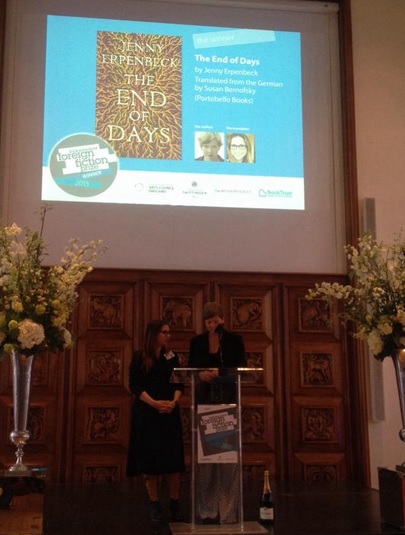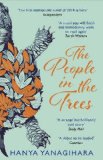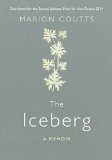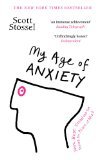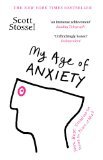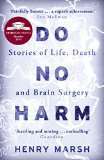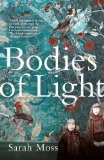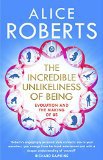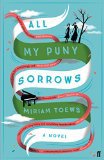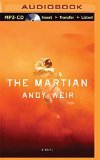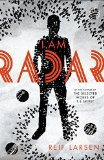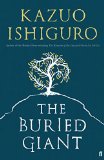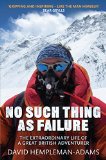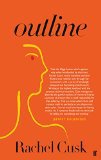Last night I went to the Independent Foreign Fiction Prize Award ceremony. It was a lovely evening, especially because everyone was gathered there to support fiction in translation.
Everyone wants their favourite to win, except me
But one thing that stood out was that everyone wanted their favourite book to win the prize. Everyone that is, except me. I wanted the best book to win and I recognised that the best book and my favourite were two separate things. I don’t think many people grasp the nature of subjectivity as there was a tendency for people to assume that their favourite was the best.
Taking last night as an example (although I see this pattern repeated as every book prize is about to be announced).
The shortlist was:
- The End of Days by Jenny Erpenbeck
translated from the German by Susan Bernofsky
- In the Beginning Was the Sea by Tomás González
translated from the Spanish by Frank Wynne
- F by Daniel Kehlmann
translated from the German by Carol Brown Janeway
- By Night The Mountain Burns by Juan Tomás Ávila Laurel
translated from the Spanish by Jethro Soutar
- While the Gods Were Sleeping by Erwin Mortier
translated from the Dutch by Paul Vincent
- Colorless Tsukuru Tazaki and His Years of Pilgrimage by by Haruki Murakami
translated from the Japanese by Philip Gabriel
My favourite from the list was Colorless Tsukuru Tazaki and His Years of Pilgrimage, but I can see that this is because I have a penchant for Japanese literature and I happened to read this book the week after I saw some school friends I hadn’t seen for 16 years – exactly as happened in Colorless Tsukuru Tazaki . This coincidence meant the book resonated with me in a way it wouldn’t with anyone else. I can see that the book had flaws, but I was happy to overlook these as it meant so much to me in other ways.
The best book on the list was The End of Days by Jenny Erpenbeck. I didn’t really enjoy it, but could see that the writing quality was outstanding and the concept behind it was original. I know that I often struggle to bond with books that move forwards and backwards in time and those that are more experimental in nature. The fact I prefer a more conventional narrative style doesn’t mean I instantly dismiss everything else as terrible. Many people at the ceremony thought I was a bit odd for supporting a book I didn’t really enjoy.
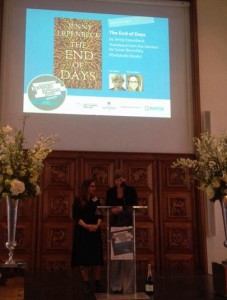
As the night drew on it became clear that everyone was happy. The End of Days by Jenny Erpenbeck won the IFFP. It was the favourite of almost everyone in attendance and I was equally pleased to see it take the crown. But as I travelled home after a wonderful evening I began to wonder if I’m a bit odd.
Do you always want your favourite book to win the prize?
Have you ever supported a book you didn’t really enjoy?
.
